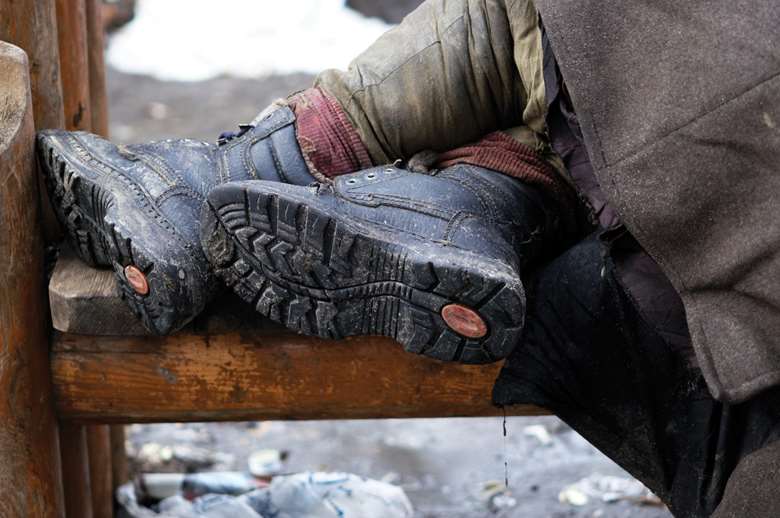Stories of 'lifetime Neets' will often end in tragedy
Howard Williamson
Monday, April 28, 2014
A European conference was held in Bucharest last month to consider the plight and position of those young people who have been dreadfully labelled as "Neets" - although there is nothing wrong with being concerned about young people who have been excluded from, or dropped out of, education, training and employment.

At almost the same time one of the Milltown Boys, a group I have studied for 40 years, was found dead in his flat. He had been a central actor - in fact, the first one I met - in my lifelong research on a group of young people who would these days be depicted as early school-leavers and in conflict with the law. Indeed, he was one of the five boys portrayed in detail in my 1981 book Five Years, which considered the boys' transitions between the ages of 13 and 18. I wrote more about him in the mid-1980s, when starting to think about young adults who were "trapped as teenagers". And he featured prominently in my 2004 book The Milltown Boys Revisited, reflecting on their lives at the age of 40. He is the first of the core five to die.
Many others like him, however, are now also dead. One in ten was dead before the age of 40, a similar proportion by the age of 50. So Marty, dying at 53, actually did quite well. Given his life of crime and imprisonment, recurrent mental illness and heavy drug and alcohol misuse, it would not have been surprising if he had departed sooner.
On the other hand, we might ponder what would have happened to Marty had better support and opportunity been extended in his direction. Had he been born a decade earlier (in 1950 rather than 1960), he might have looked forward with reasonable confidence to a regular manual job in the local industries of paper, steel and beer manufacturing, despite his lack of qualification and criminal record. That, after all, had been the labour market destination of fathers and older brothers.
Instead, with the decline and demise of those employment opportunities, he became "Neet", though the term did not exist at the time. Marty drifted between occasional casual jobs, drinking heavily and engaging in acquisitive crime. Members of his extended family helped out. Nobody else did.
He had frequent spells of imprisonment and, later, periods in a psychiatric unit. By middle age, he was living alone, with his dog, surrounded by drained cans of lager and empty tins of dog food. He was dreadfully lonely, consumed too many amphetamines and was routinely taunted by local school-children as a "nutter". He shuffled round the streets in ragged clothes.
Yet he had been a bright, engaging, curious and immaculately turned-out teenager. He was popular with the girls and a wide peer group. He displayed interest in social affairs, temporarily embraced right-wing politics and had a passionate interest in music, especially that of David Bowie. Marty was certainly not short of talent or intelligence.
The Bucharest conference would have talked about the need to differentiate the "Neets", expressed concern at the lifetime "scarring effects" of being Neet at the start of working life and argued for strengthening support in a variety of ways, as well as providing stepping stones and destinations.
Marty had none of this and, as a result, became what might, somewhat tragically, be called – almost literally – a "lifetime Neet". He had one solitary day of legitimate employment in the whole of his life.
Had Marty been born a decade later, around 1970, he might conceivably have benefited from greater support through youth and careers services, and training and employment initiatives. Such intervention and provision once again seems elusive and one can only hope that the desperate and self-destructive life experienced by Marty will not be endured by many of those within the current generation of young people.
Howard Williamson is professor of European youth policy at the University of South Wales




